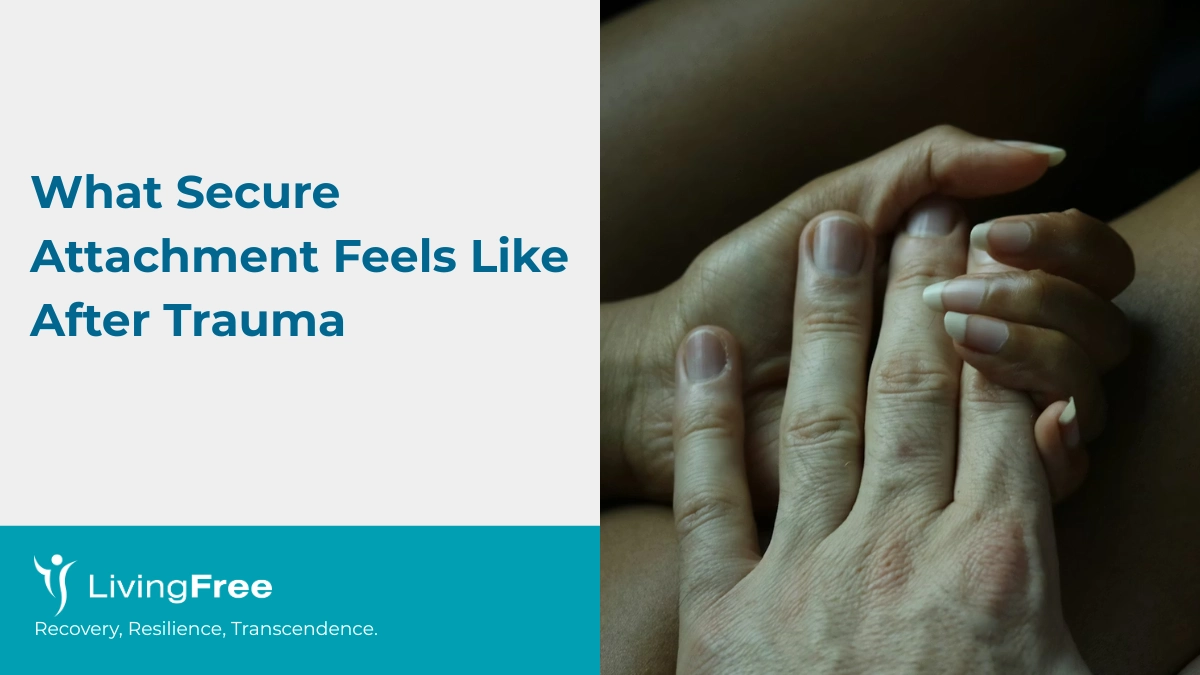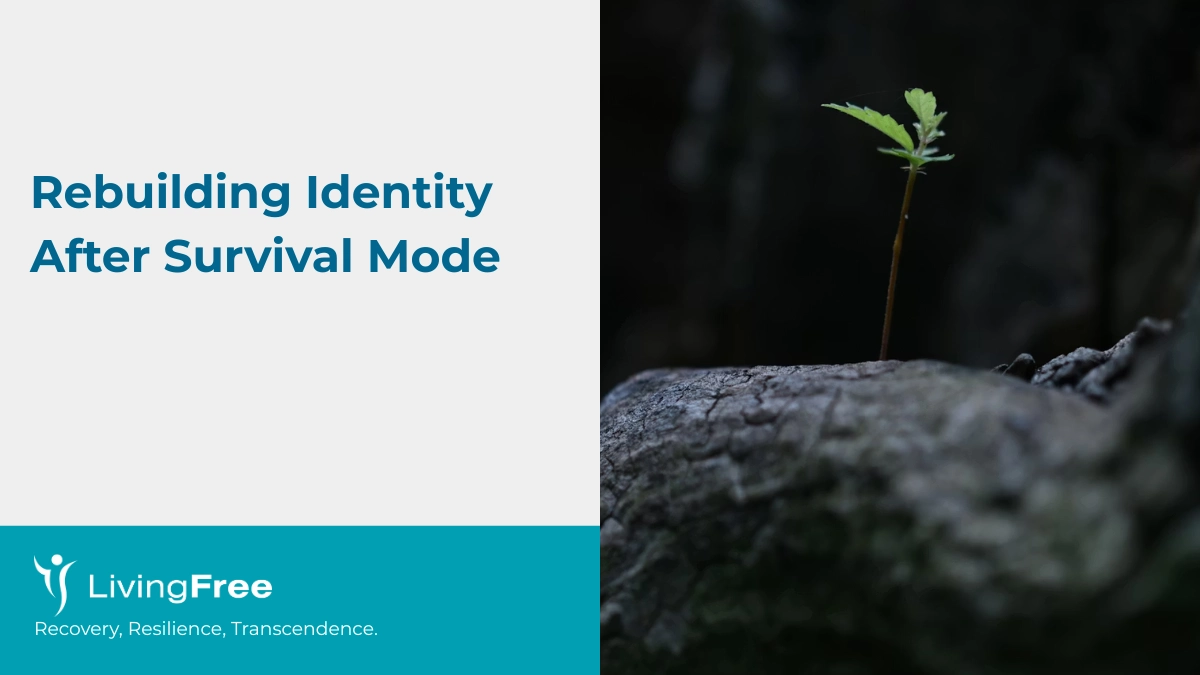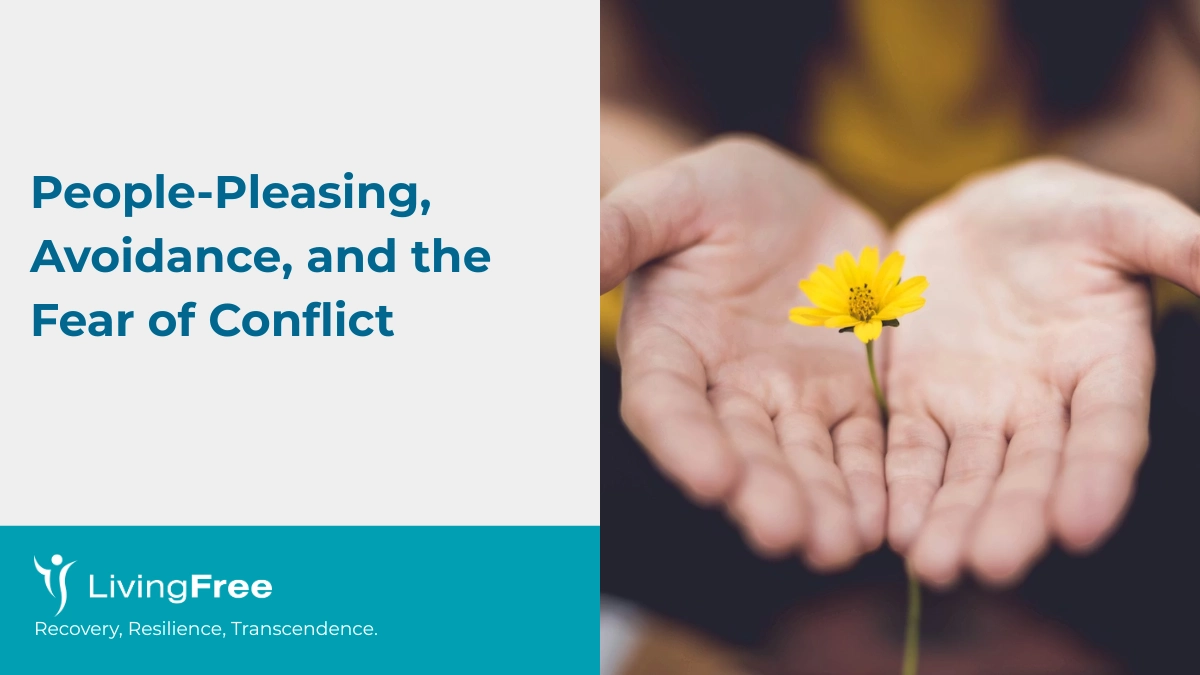What is PTSD?
Post-Traumatic Stress Disorder (PTSD) is a trauma- and stressor-related disorder that can develop after experiencing or witnessing life-threatening events, such as accidents, natural disasters, violence, abuse, or war. According to DSM-5, PTSD involves persistent intrusion symptoms, avoidance, changes in mood or cognition, and heightened arousal lasting more than one month after the trauma.
At Living Free, we recognize PTSD not only as a clinical diagnosis but also as a lived experience that disrupts safety, relationships, and daily life. Our approach integrates neuroscience, psychotherapy, and compassion to support recovery.

Symptoms of PTSD
PTSD symptoms are grouped into four main clusters:
- Intrusion – flashbacks, nightmares, intrusive thoughts.
- Avoidance – steering away from memories, places, or people linked to the trauma.
- Negative changes in mood and cognition – feelings of shame, self-blame, hopelessness, or emotional numbness.
- Hyperarousal and reactivity – irritability, panic, difficulty concentrating, exaggerated startle, sleep problems.
Not everyone experiences PTSD in the same way. Some develop complex trauma symptoms when exposed to repeated or prolonged events, which may also include dissociation, emotional regulation difficulties, and somatic distress .
How PTSD Affects Daily Life
PTSD affects far more than memory. It can:
- Strain relationships with family, partners, or colleagues.
- Cause physical symptoms, including chronic pain, exhaustion, or somatoform presentations.
- Lead to maladaptive coping, such as addiction, disordered eating, or compulsive behaviors.
- Interfere with work and focus, limiting professional growth and personal fulfillment.
Without treatment, PTSD can progress into depression, substance misuse, or complex trauma.


Our Approach to PTSD Treatment
Living Free uses a six-domain model of trauma resilience, designed by Dr. Reshie Joseph, which helps clients build mastery in key areas of recovery:
- Cognition & Beliefs – reframing negative thought patterns.
- Emotional Regulation – reducing hyperarousal and avoidance cycles.
- Somatic & Nervous System – stabilizing the body through breathwork, movement, and grounding.
- Relational Health – repairing trust and connection.
- Behavioral Patterns – addressing addictions and compulsions.
- Meaning & Purpose – restoring agency and long-term growth.
Therapies We Offer for PTSD
- Eye Movement Desensitization & Reprocessing (EMDR)
- Cognitive Processing Therapy (CPT)
- Somatic Coaching & Breathwork
- Internal Family Systems (IFS) and Parts Work
- Exposure Therapy
- CBT and Behavioral Coaching
- Psychoeducation on sleep, nutrition, and exercise
Each plan is tailored, whether for individuals, intensive outpatient programs, or long-term support.

Why Choose Living Free
Evidence-based methods built on DSM-5 criteria and neuroscience.
A holistic team including psychotherapists, yoga instructors, and coaches.
A compassionate, client-centered environment.
Contact us today to connect with a Living Free psychotherapist and begin your path to healing.





